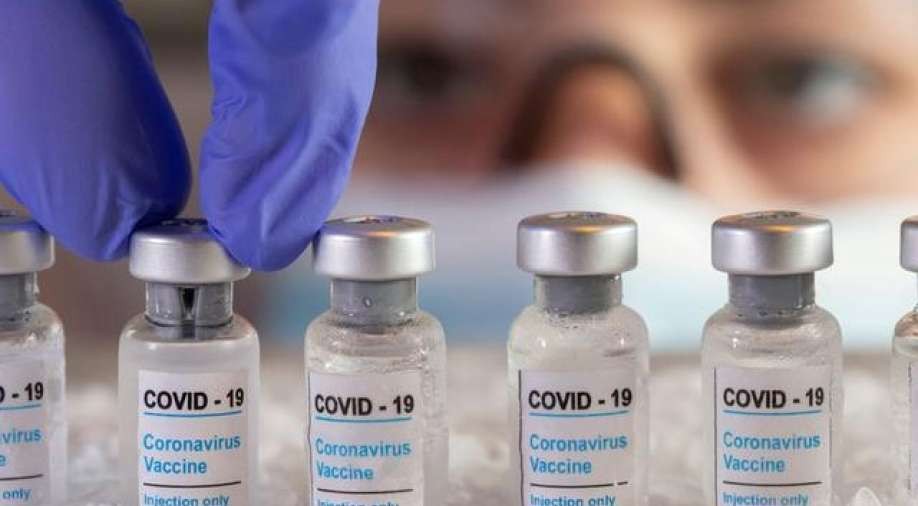The Great Vaccine Race

The coronavirus pandemic set off an extraordinary race to develop a vaccine at a speed unmatched in the history of vaccine research. In an effort to understand the development, distribution and delivery of Covid-19 vaccines, Columbia Global Centers | Mumbai organized a panel discussion on February 8, 2021.
“We are now in a race between the virus and the vaccine, and it is incumbent on us to optimize the use of the vaccine as much as we can to minimize the transmission of the virus” remarked Wafaa El-Sadr, University Professor of Epidemiology and Medicine and Director of ICAP at Columbia University. With the world witnessing the first vaccine rollout against Covid-19 in December 2020 and subsequent immunization programs underway in many countries, Professor El Sadr posited that high coverage as well as high efficacy is of utmost importance for a vaccine to achieve maximum impact.. She traced a detailed Covid-19 vaccine landscape by providing a summary of vaccines in clinical and pre-clinical trials, tracking different phases of vaccine development, including information on different attributes of vaccine candidates, and providing details of the safety, immunogenicity, efficacy, and regimentation of various vaccines. Typically, the development of a vaccine is a long process that may take many years before it is finally ready for use. Nischay Mishra, Assistant Professor of Epidemiology at Mailman School of Public Health, elaborated on the process of vaccine development and shed light on the various platforms--RNA, DNA, non-replicating viral vectors and inactivated vaccines--utilized for the development of different Covid-19 vaccines. He presented details of efficacy data available for vaccines currently in use in India and around the world, remarking that the work to develop the Covid-19 vaccine may have followed the same process as that of other vaccines but several steps had been carried out in parallel to accelerate the process. Hinting that this rapid process of vaccine development and rollout may be the new normal in future, Professor Mishra lauded India’s expeditious efforts in vaccine development and delivery, and acknowledged the Indian Government’s humanitarian initiative ‘Vaccine Maitri’ that aims to provide vaccines made in India to countries around the world.
Sandra Albert, Director, Indian Institute of Public Health - Shillong, the third panelist of the session, spoke about Covid-19 vaccine hesitancy and the delay in acceptance or refusal of vaccination despite the availability of vaccination services. Professor Albert presented historical perspectives of hesitancy associated with the MMR vaccine in the United Kingdom and cited research findings from her own work with India’s Universal Immunization Programme in North-East India. She also presented key findings of a public health survey that highlighted reasons for people’s hesitancy to get vaccinated against the recent coronavirus in India, including misinformation and lack of education.
The panel discussion was followed by an interactive question and answer session with the audience that comprised researchers, health professionals and concerned citizens. The panelists all agreed that the Covid-19 vaccine rollout has been unprecedented but while the vaccines have been developed at a blazing speed, they alone will not end the pandemic. A coordinated, collective effort through continued communication and media coverage, education to provide information and debunk misconceptions, community outreach and involvement of local leaders to increase acceptance, equitable vaccine distribution prioritizing high risk populations, and other practical prevention measures such as physical distancing, mask wearing, and handwashing, are the only plausible solutions to help prevent the transmission of the SARS CoV-2 virus.